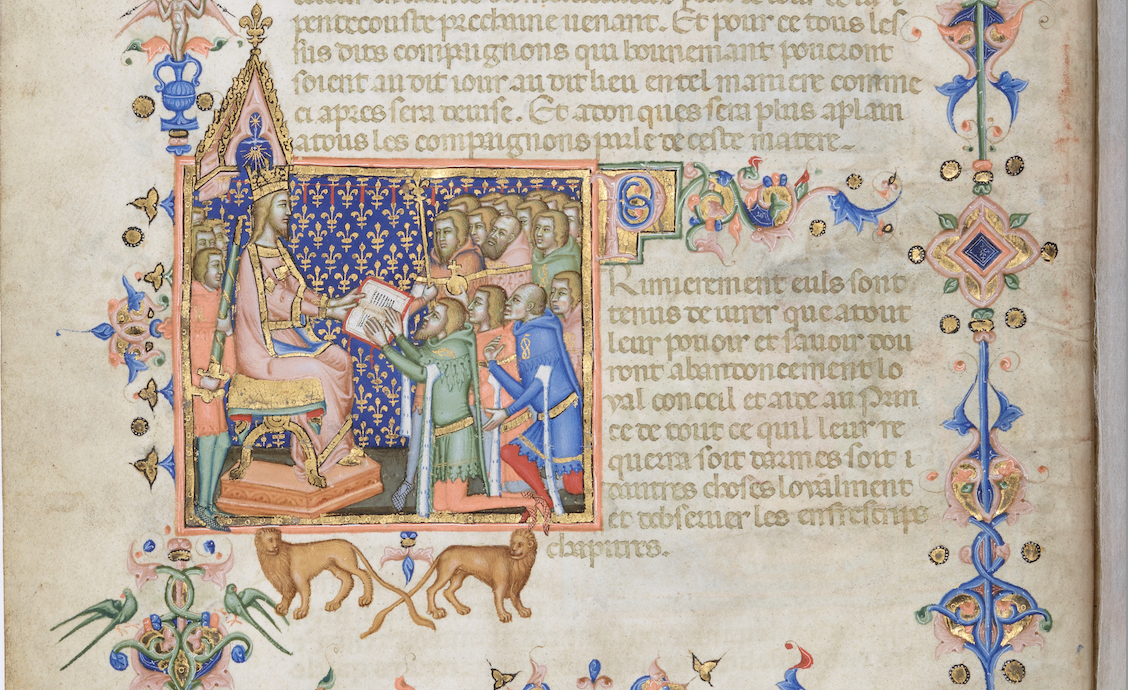
People over the world use books all the time, but rarely consider them as a cultural form with a rich history and symbolism. This module will consider the book as cultural artefact, idea and symbol as well as a source of information and a vehicle for conveying the messages contained in texts and images. The target period of the course is the late middle ages and early modern period (c. 1250- 1500), when the ownership and use of books first became widespread and many of the assumptions that still condition our approach to books first emerged. We will work with a broad definition of the book, which includes accounting and commonplace books, diaries and formularies, books with fictitious and technical content, private and public books, religious and secular books, etc. The seminars will aim to develop understanding of the physical, phenomenological book, by looking closely at individual copies and considering their purposes, use, and (where relevant) provenance and descent. The aim is to explore a type of object whose importance to culture is so fundamental that its conceptual complexity is often taken for granted. The course will foreground art historical and bibliographical approaches to the book.
Course Type: 2024-2025 Modules
Shared Course: No
Feeder Course: No
